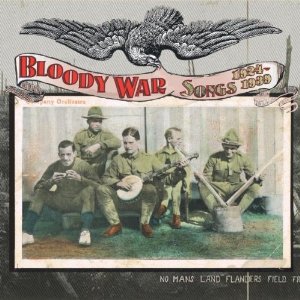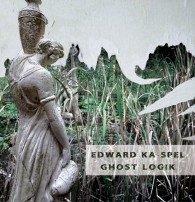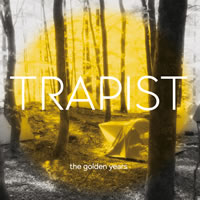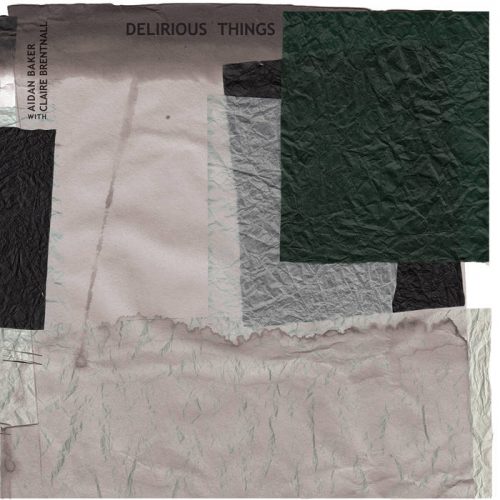(Geo)
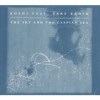 Alarm bells ring when the press release quotes from Mixmag‘s review of Roshi‘s previous release And Stars: “Stunningly beautiful Welsh-Iranian electronica torch songs” conjures up visions of dinner party audio floss – an unsuspecting musical victim snatched from a ‘novelty’ country, tacked on to a politely unobtrusive trip-hop beat and polished to a mirrored sheen with Real World™ grade 1000 aural sandpaper. Happily, The Sky and the Caspian Sea is nothing of the sort, instead bringing to mind the recent work of Robert Wyatt as re-imagined by a slightly sedated Björk, or even perhaps Kate Bush standing in for Julee Cruise in a remake of Twin Peaks.
Alarm bells ring when the press release quotes from Mixmag‘s review of Roshi‘s previous release And Stars: “Stunningly beautiful Welsh-Iranian electronica torch songs” conjures up visions of dinner party audio floss – an unsuspecting musical victim snatched from a ‘novelty’ country, tacked on to a politely unobtrusive trip-hop beat and polished to a mirrored sheen with Real World™ grade 1000 aural sandpaper. Happily, The Sky and the Caspian Sea is nothing of the sort, instead bringing to mind the recent work of Robert Wyatt as re-imagined by a slightly sedated Björk, or even perhaps Kate Bush standing in for Julee Cruise in a remake of Twin Peaks.
Although she was born in Wales, Roshi Nasehi‘s parents are Iranian and from a musical background. Her father Vahid Nassehi provides melancholic violin accompaniment on “Zeeba Kenar” (“Beautiful Corner”), one of three traditional Iranian folk songs that supplement Roshi’s eight original compositions on the album. The songs and arrangements are subtle and low-key throughout, Roshi’s voice and jazz-tinged keyboard (usually piano) framed in a lattice of textural blips, scrapes and interference from collaborator Graham Dids, whose unsettling atmospheres recall the similar role he played with Nico in the mid 80s. Cellists Rachel Threlfall and Richard Thomas add further colour on many of the songs, but generally the arrangements are kept clutter-free, allowing the songs plenty of space to breathe.
Harmonically and lyrically, Roshi draws on her dual heritage, painting pictures of family visits to Iran in “Night Swimming” and “No Camels”, celebrating illegal female swimming trips under cover of darkness, and meditating on conflicting feelings during a flight home. “I’ll take you back to my home on Wales / You’ll be welcomed, you won’t feel strange” she promises on “We’ll Go Down” with its ominous dissonant strings, and on the wonderfully titled “Pills and Sheep” laments that “Pills and sheep seem unable to soften the fear” over starkly minimal piano chords, before breaking down into extended repetitions of “I’m crumbling” as the song fades.
Homogeneity of mood and tonality pervades the album and indeed works in its favour, bringing to mind similar approaches by Robert Wyatt and Nico and perhaps even John Cale‘s Music for a New Society. The atmosphere created somehow manages to be light and airy and at the same time foreboding and claustrophobic. Only the traditional “Lor Batche” (“Lor Children”) breaks from this approach, its fusing of Iranian folk and urban beats coming over as a little forced, making it the least successful track on the album, although not without merit. The song intro’s layered vocal loops bring to mind Laurie Anderson‘s “O Superman” and is quite beautiful, and any song that pleads “Oh uncle, uncle, I am looking for a hyacinth” has to have something going for it.
The Sky and the Caspian Sea is a captivating album that refuses to be categorised, the only comparable release of recent years I can think of being Fovea Hex‘s remarkable Neither Speak nor Remain Silent from a couple of years back, with which it shares an entrancing otherworldliness and admirable disregard of conventional song form.
-Alan Holmes-
